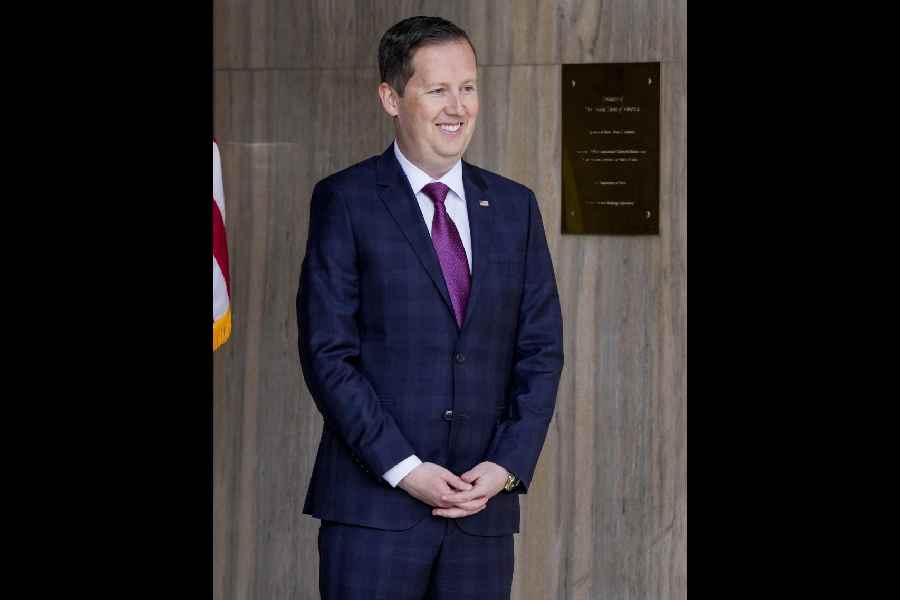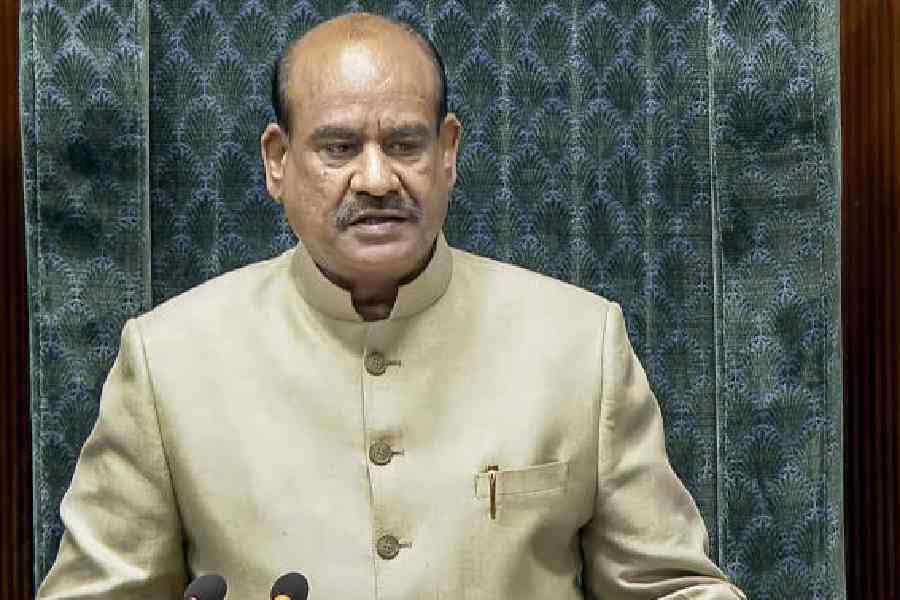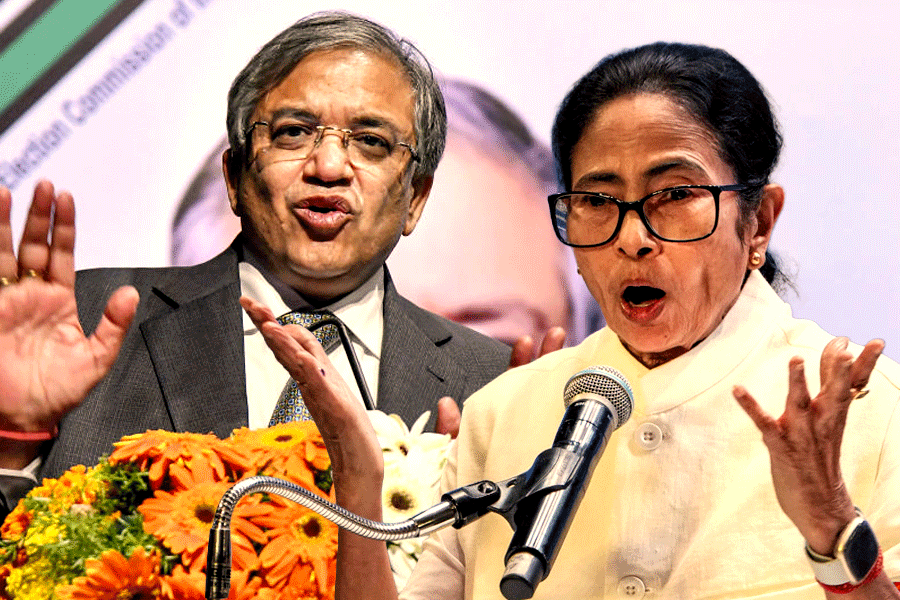New Delhi, Dec. 25: Lay persons with three weeks training can effectively treat people with harmful drinking habits and patients with depression and help combat a shortage of qualified mental health professionals, research studies in India have shown.
The studies conducted in Goa and assessed by an international team of researchers have shown that the treatment trained lay counsellors can provide to such patients is significantly superior to the usual care they would receive in primary healthcare centres.
The researchers are hoping the findings, published in The Lancet, a medical journal, will influence policymakers to scale up such interventions to make up for shortages of psychiatrists and psychologists across India, in other low and middle-income countries and even in high-income countries.
The National Mental Health Survey released last month has estimated that between 50 million (five crore) and 70 (seven crore) million people in India meet the medical criteria to be labelled as having harmful drinking problems or suffering from depression. But about 90 per cent of such patients remain undiagnosed or untreated.
"We've sought to develop a new psychological treatment that is acceptable, feasible, and cost-effective," Vikram Patel, psychiatrist and professor at the New Delhi-based Public Health Foundation of India and the London School of Hygiene and Tropical Medicine, who led the study told The Telegraph.
The studies were designed to test the idea that lay persons who have had no prior training in healthcare can be successfully trained to deliver effective psychological interventions to help patients who have harmful drinking problems or depression.
The treatment through the trained lay counsellors involved two or three sessions for people with drinking problems and an average of six sessions for patients with depression, thus shorter than the 14 to 20 sessions usually practiced in standard psychotherapy.
Patel and his colleagues offered 188 people with harmful drinking problem sessions with counsellors and 189 people with similar drinking problems enhanced care through a primary healthcare doctor who had been informed about their diagnosis and provided guidelines for treatment.
They found that people who received counselling were more likely to completely stop drinking than those who received the enhanced care from the primary care doctors. In their second study, the researchers offered 245 patients with depression counselling and 248 patients enhanced care and found that those who had received the counselling had lower severity of symptoms, better improvement, and fewer days away from work than those who received care from doctors.
The researchers also noted that about 70 per cent of the patients completed treatment through the lay counsellors, a level that they say is comparable to the best treatment completion rates in medical papers.
Health experts say the studies' findings could have relevance to India and other countries.
"This is clear evidence for cost-effective solutions to the shortage of trained mental health specialists," Mary DeSilva, head of population, environment, and health at Wellcome Trust, a UK-based research charity that funded the studies.
"The impacts of these studies go beyond low-resources settings," she said in an online media conference on Thursday called to describe the significance of the studies.
"There is lots that high-income countries, for example the UK, could learn from such cost effective mental health interventions delivered by non-specialists. Although we have a (bigger) health budget, in countries like the UK, access to health services for many people with mental health people is woefully inadequate."










